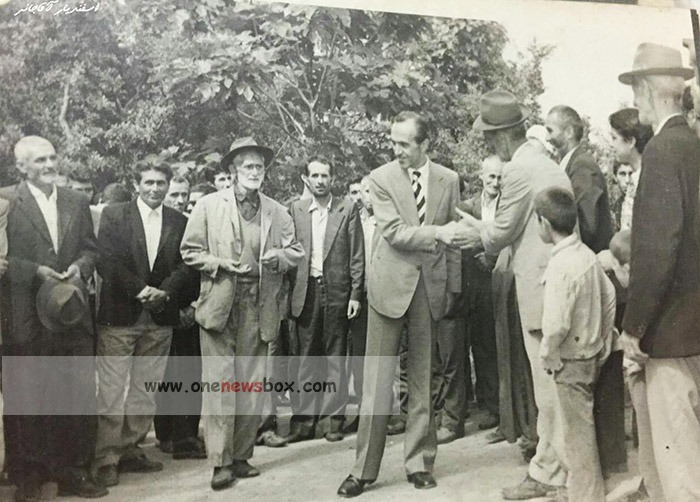In these positions, Rambod became the public face and political manager of the regime in the waning years of the Pahlavi dynasty. As government spokesman, he spoke directly to press and public on behalf of the administration. As Minister of State and deputy parliamentary affairs minister, he served as a critical liaison between executive and legislative branches.
Accounts describe him during this period as carrying out his role with contempt toward opposition representatives, embodying the central government’s increasingly authoritarian posture. His speeches, public statements, and parliamentary interventions aligned firmly with the Shah’s ideology and his administration’s policies.
Economic Initiatives: Choka and Regional Development
In addition to his public and political roles, Rambod remained engaged in regional economic development—especially in Gilan Province, among the Talesh (Talash) region. He founded two notable industrial ventures:
-
The Asalem Woodworking Factory
-
The Choka (Gilan Wood and Paper) Factory, located in Hashtpar‑Talash and Pounel
These factories represented a strategic investment in local timber and paper production. However, establishing them in Talesh required overcoming powerful opposition. Members of the royal family—referred to as “the Shah’s brothers”—urged Rambod to move the factories to Mazandaran Province. Rambod resisted their influence and insisted on maintaining his factories’ location in the Talash region, which not only preserved local economic benefits but also emphasized his commitment to his constituency.

